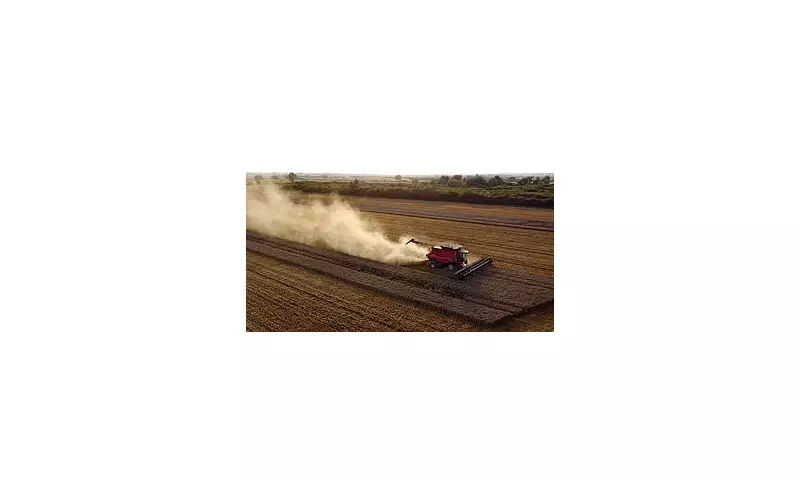
Britain's breadbasket is buckling under extreme weather conditions, with an exclusive analysis revealing the 2024 harvest is heading for a devastating near-record low. The nation's farmers are facing a crisis as prolonged drought and a miserably wet winter have decimated crucial crops.
The alarming data, compiled by the Energy and Climate Intelligence Unit (ECIU) and analysed by the Daily Mail, paints a grim picture for UK food security. The situation is so severe that it is being compared to the infamous drought of 1976, one of the worst years on record for British agriculture.
Staple Crops in Crisis
The numbers are stark. Wheat production is forecast to plummet by a staggering 17.5%, while winter barley yields are expected to drop by 7.3%. The spring barley crop, a key ingredient for beer and whisky, is also facing a significant 7.1% reduction. The humble oat, a breakfast table favourite, is among the hardest hit, with projections showing a dramatic 43% collapse in production.
Tom Lancaster, land analyst at the ECIU, did not mince words: "This could be the worst harvest since the 1970s... It's a very serious situation." This crisis threatens to ripple through the entire economy, from the price of a loaf of bread to a pint of beer.
A Perfect Storm of Bad Weather
Farmers across the country are reporting dire conditions. The problems began with an exceptionally wet winter that left fields waterlogged and delayed sowing. This was catastrophically followed by one of the wettest springs on record, which further hampered planting efforts.
Just as crops needed moisture to grow, the skies dried up. A significant rainfall deficit has left vast areas of farmland parched, stunting plant growth during the critical summer months. This one-two punch of too much water followed by too little has created a perfect storm from which many crops cannot recover.
The Real-World Impact on Farmers and Consumers
The human cost of this crisis is already being felt. Lincolnshire farmer Andrew Ward described the emotional and financial toll, stating the dire conditions have left him and his colleagues "on our knees." The financial implications are equally severe, with lower yields directly translating to lost income for farming businesses.
For the British public, the most tangible impact will be felt at the checkout. Experts warn that a poor domestic harvest inevitably leads to higher food prices, as the UK is forced to import more wheat and other staples from the global market. This not only hits household budgets but also increases the nation's carbon footprint through food miles.
This harvest disaster serves as a stark warning. As climate change makes extreme weather events more frequent, the resilience of the UK's food system is being tested like never before.





